Crisis Survival Skills are about getting through a difficult moment without making it worse. If you think about the things that make a situation …
Continue Reading about How to Tolerate Distressful Moments →
Dialectical Behavior Therapy (DBT)
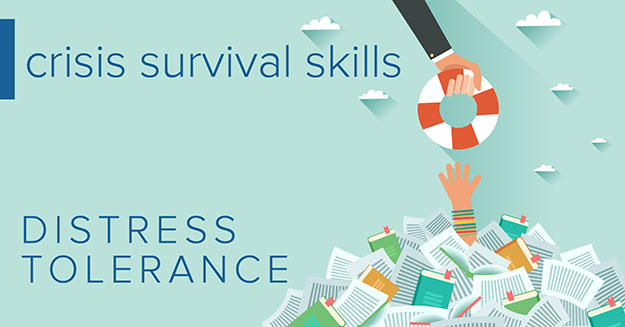
by Kim Sullivan, MFT on
Crisis Survival Skills are about getting through a difficult moment without making it worse. If you think about the things that make a situation …
Continue Reading about How to Tolerate Distressful Moments →
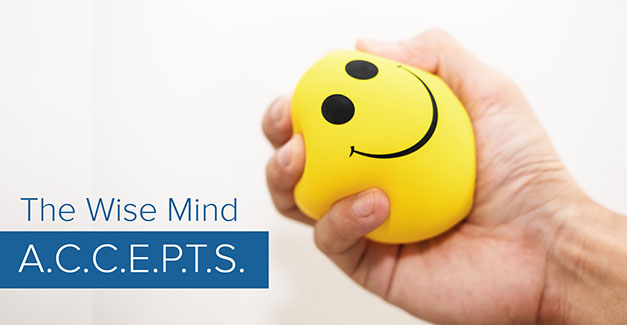
by Kim Sullivan, MFT on
The first set of Distress Tolerance Skills are the Crisis Survival Skills. The first of the Crisis Survival Skills is Distracting. This skill may …
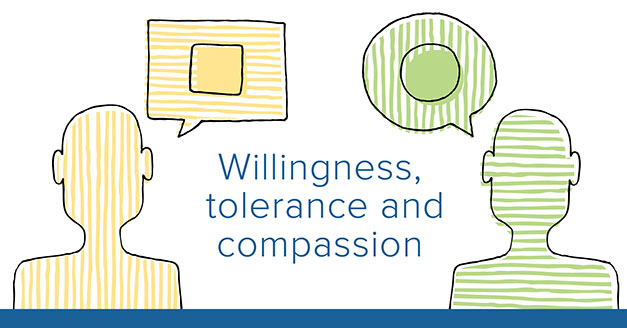
by Kim Sullivan, MFT on
Practicing willingness can be challenging, yet freeing and enlightening. Willingness is the act of being open and letting in ideas and opinions from …
Continue Reading about Willingness, Tolerance, and Compassion →
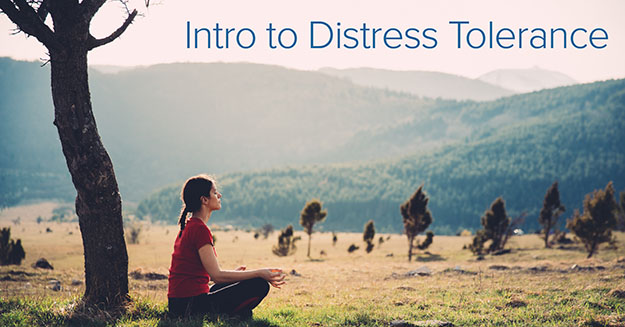
by Kim Sullivan, MFT on
The circular definition of Distress Tolerance is tolerating distressing moments. This means that we get through a difficult moment without making it …
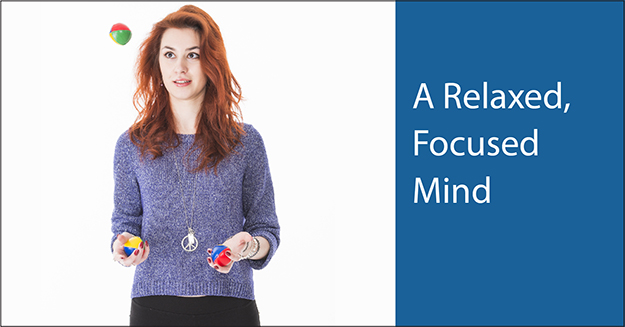
by Kim Sullivan, MFT on
Mindfulness practice has the ability to transform lives. While the concept is relatively simple, and beginners are able to practice it immediately, …

by Kim Sullivan, MFT on
Experts in the field of body language say they can often tell if a person is lying. There may be subtle cues of discomfort. There are also more …
Continue Reading about Does Body Language Reveal Dishonesty? →

by Kim Sullivan, MFT on
How accurate is body language? Is it really possible to determine a threat or dishonesty through body language? This has been studied extensively …
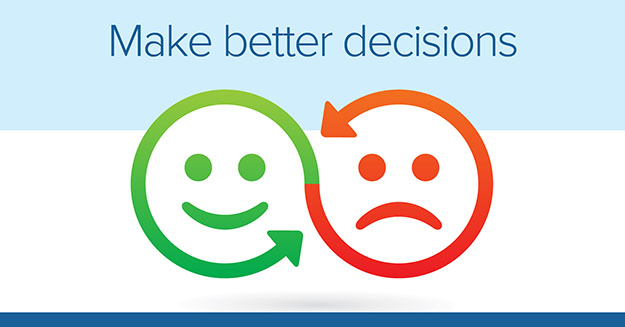
by Kim Sullivan, MFT on
Mindfulness "How Skills" include: Non-Judgmental StanceOne-MindfullyEffectively The third in this list, "Effectively," is actually what arises …

by Kim Sullivan, MFT on
Isn't multitasking a strength? Perhaps you are one of the many who included "multitasking" on your resume as a strength. Many people brag about their …

by Kim Sullivan, MFT on
Are you aware of your judgments? How about your use of the word, "should?" When you have thoughts that incorporate the word, "should," (or related …